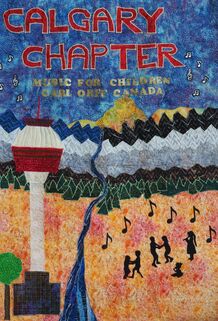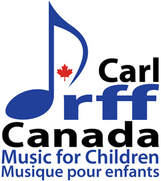Welcome!
Land Acknowledgement
Our Elders have taught us the importance of acknowledging the land that we gather on. The land sustains us, guides us, and brings inspiration. To members of the Calgary Orff Chapter, the land represents the spaces where we can gather together to make music and land that gives us the materials to create instruments. We are fortunate to live and play in an area that gives us beautiful and inspiring landscapes of strong mountains, rushing rivers, and bird songs.
Diversity - Equity - Inclusion
The Calgary Orff Chapter is undertaking the process of learning more about and promoting Diversity, Equity and Inclusion to make everyone feel welcome. We will continue to learn more and listen to those around us. By working together with our colleagues, we hope to create a community with many vibrant and varied backgrounds and cultures.
For more information and resources, head to: orffcanada.ca/diversity-equity-inclusion/
Looking for More?
|
Using your Carl Orff Canada membership, access workshops at member pricing hosted by Orff Chapters across Canada.
Find a list of workshops here: https://orffcanada.ca/ |
Tell me, I forget, show me, I remember, involve me, I understand.
- Carl Orff
- Carl Orff


